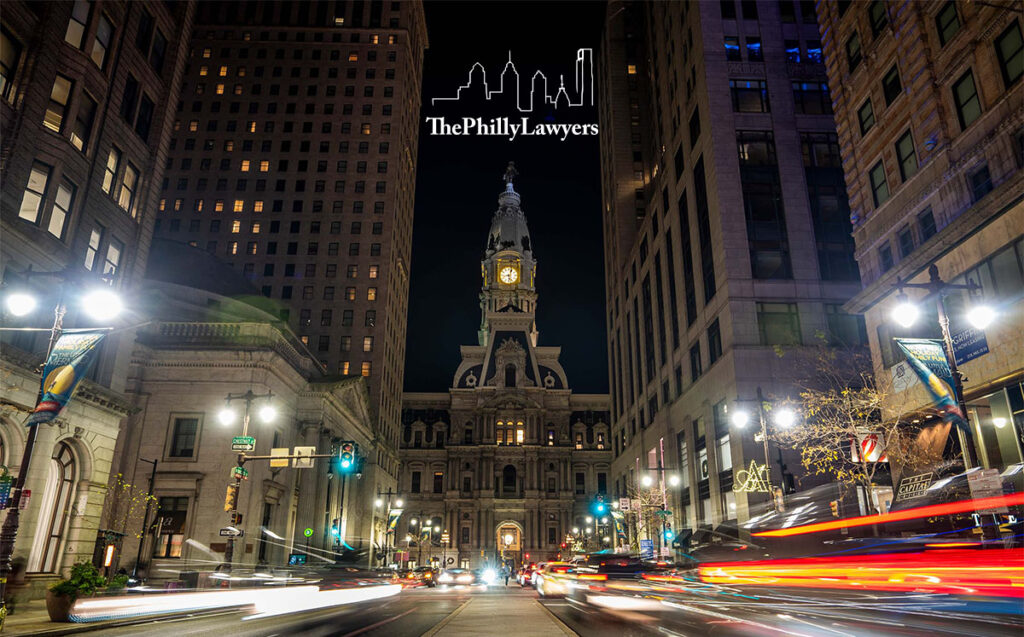
Recently winning a jury trial for rape charges in Philadelphia was a proud victory for us. We knew our client was innocent. Given the political climate, the odds were against us. And, of course, with a young man’s freedom on the line, the stakes were high. But we were able to relentlessly advocate to achieve a full acquittal. And now, we are very proud to share that we won another very similar case in Delaware County this month.
Be wary of any lawyer who claims to win all their trials. As others have put it, “that’s how it is with legends. The greater they sound, the more [they] must’ve left out.”
However, in terms of real case outcomes, we know from the data that once sexual assault or rape charges are brought, it is very difficult for the accused to prevail. But lo-and-behold, ThePhillyLawyers is proud to share some reflections and takeaways from our most recent college campus rape trial.
What we have found is that in our current political environment, i.e., the #MeToo movement, the police and prosecutors seem afraid not to charge a man whenever a woman makes a claim against a man. Based on recent cases we have handled, and studying the trends, we have found this typing of criminal charging—even after the police/prosecutor only hears one side of a story—occurs frequently on college campuses.
Also, from what we have learned from our cases, while there is no one reason that can be stated with certainty, the mixture of college students engaging in adult behaviors with partners who they often only just met, along with the combination of alcohol, frequently results in consensual sexual encounters that are later regretted.
When a consensual encounter that is later regretted gets reported as a sexual assault or rape, and when the police and prosecution accept the accuser’s version with no corroboration or real physical evidence, it leads to charging innocents. In these scenarios, we have seen that the police engage in what social scientists call confirmation bias, i.e., they essentially ignore any evidence that does not support their guilt-laden narrative.
In one of our recent cases, the prosecutrix alleged rape when she felt rejected by our client who lost interest in her after their sexual encounter. In another of our recent cases, the prosecutrix alleged sexual assault as a “medical reason” in order to get refunded her tuition money and better academic record for a semester that she would have otherwise forfeited tuition for and failed academically when she was beyond the withdrawal deadline for the semester.
In both cases, we thoroughly investigated the matters and brought to light a number of disinterested witnesses—who the police and prosecutors had actually failed to interview. These witnesses shared with us critically important information that showed us that the sexual encounters were actually consensual. In these two recent cases, the police/prosecution had failed to investigate thoroughly or ignored the disinterested witnesses’ evidence, which did not support a guilt-laden narrative. Such “stacking the deck” or negligent investigation is inexplicable.
Based on this culture of police and prosecutors unquestioning acceptance of a complainant’s version, these rape and sexual assault charges are frequently brought against innocent young men. And we have noticed that at trial the prosecutor clings tightly to a certain Pennsylvania jury instruction that basically stands for the proposition that a jury can convict a defendant in these types of cases based upon the uncorroborated testimony of the accuser. There are, however, many other jury instructions that require the jury to more closely scrutinize the prosecution’s case.
Because of our independent investigations in both cases, and our scrutiny and challenge to the prosecutions’ narratives, we’re proud to share this second, recent favorable outcome in a college student sexual assault trial.
After the relief of the outcome sunk in, our client shared with us that he is “so thankful for you guys. I’ve been visualizing this day/feeling for the past 2 ½ years and it’s even better than I can even imagine.” In an unjust system that, at times, seemingly has the presumption of guilt with certain types of charges, you need a lawyer who is not afraid to fight for justice.